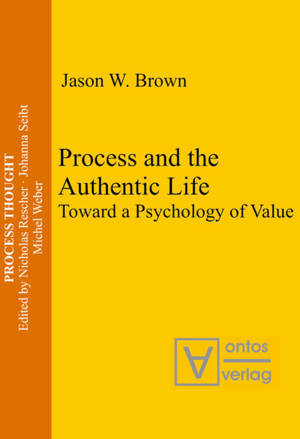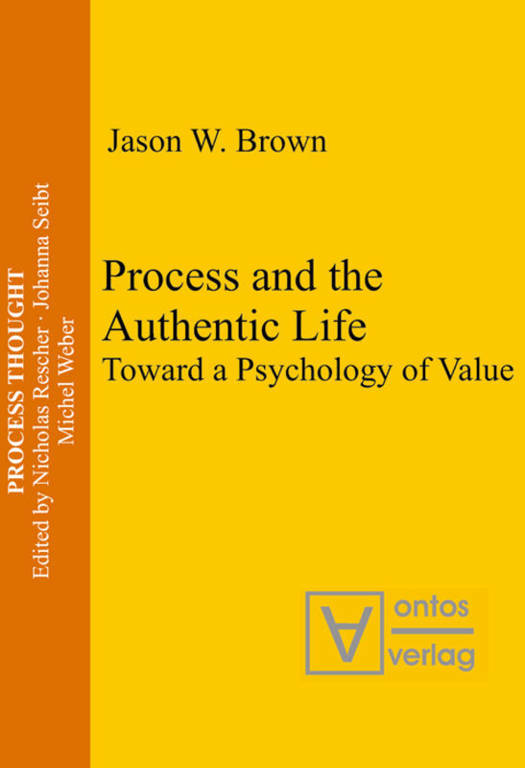
- Retrait gratuit dans votre magasin Club
- 7.000.000 titres dans notre catalogue
- Payer en toute sécurité
- Toujours un magasin près de chez vous
- Retrait gratuit dans votre magasin Club
- 7.000.0000 titres dans notre catalogue
- Payer en toute sécurité
- Toujours un magasin près de chez vous
Description
The thesis advanced in this book is that feeling and cognition actualize through a process that originates in older brain formations and develops outward through limbic and cortical fields through the self-concept and private space into (as) the world. An iteration of this transition deposits acts, objects, feelings and utterances. Value is a mode of conceptual feeling that depends on the dominant phase in this transition: from desire through interest to object worth. Among the topics covered are subjective time and change, the epochal nature of objects and their temporal extensibility and the evolution of value from inorganic matter into organic form.
The theory of microgenesis informs this work. According to this theory, acts and objects evolve in milliseconds through phases that replicate patterns in forebrain evolution. The progression in the actualization of the mind/brain state is from archaic to recent in brain formation, from unity to diversity, from past to present and from mind to world. An account is given of the diversity of felt experience avoiding the reductionist moves characteristic of biological materialism and the inherent dualism of psychoanalytic and related theories. This book is intended for any reader interested in the psychology of the inner life and philosophy of mind, including philosophers, psychologists, psychiatrists and others with an interest in problems of value and moral feeling.Spécifications
Parties prenantes
- Auteur(s) :
- Editeur:
Contenu
- Nombre de pages :
- 699
- Langue:
- Anglais
- Collection :
- Tome:
- n° 2
Caractéristiques
- EAN:
- 9783110327946
- Date de parution :
- 15-05-05
- Format:
- Livre relié
- Format numérique:
- Genaaid
- Dimensions :
- 152 mm x 229 mm
- Poids :
- 1428 g

Les avis
Nous publions uniquement les avis qui respectent les conditions requises. Consultez nos conditions pour les avis.






